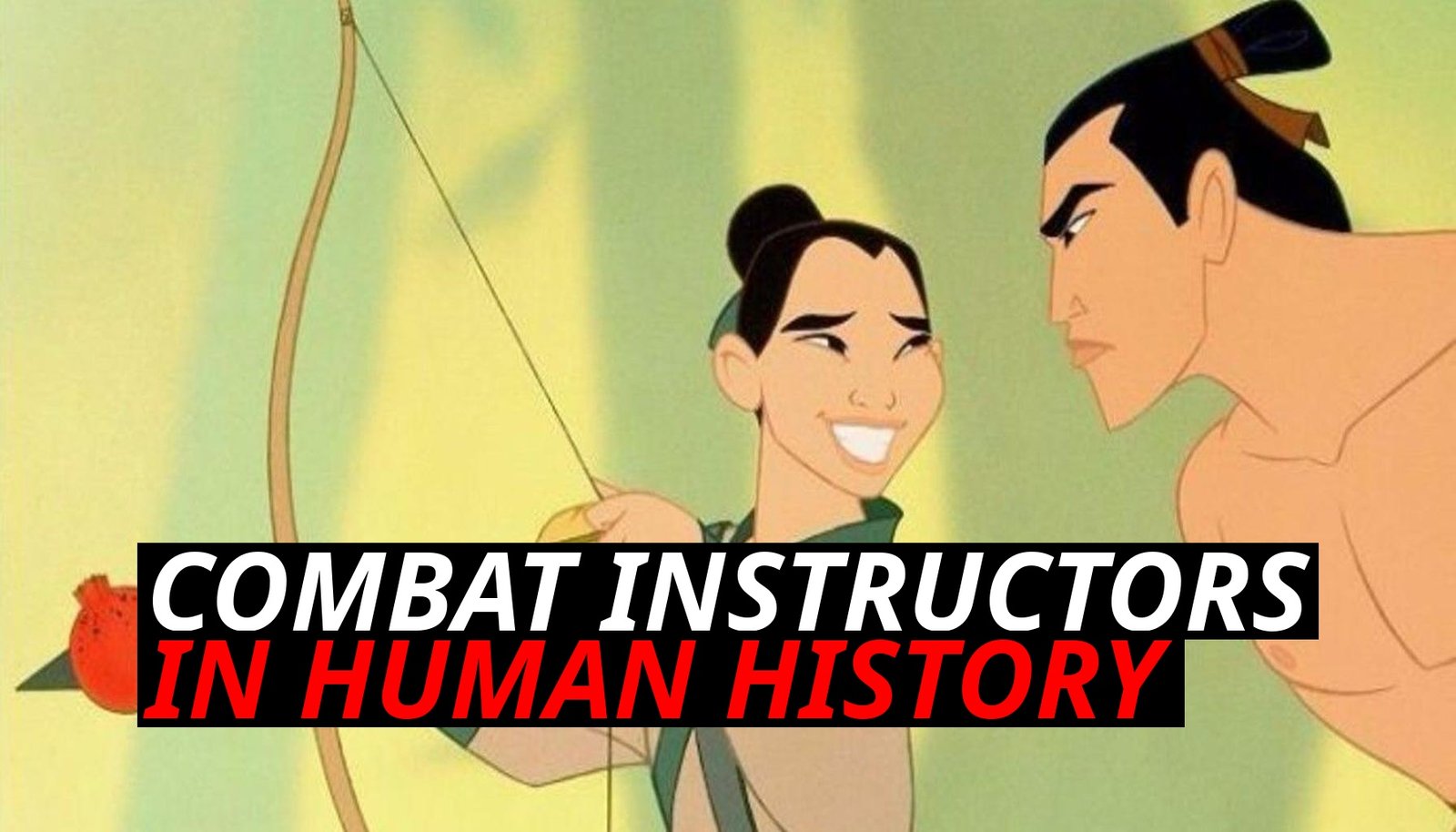Imagine a battlefield in ancient times. Rows of soldiers stand ready, swords in hand, shields raised. Behind this scene of bravery and chaos is a figure often overlooked: the combat instructor. This specialist, who spent years perfecting techniques and strategies, is the silent architect of victory. Without their expertise, even the strongest warriors would fall, and the society they protect would crumble.
Why Combat Instructors Were Indispensable
Combat instructors weren’t just teachers; they were the backbone of a society’s ability to defend itself and expand its power. Their role transcended simple training:
- Skill Development: They ensured that raw recruits became disciplined soldiers capable of surviving in battle.
- Strategic Knowledge: Beyond teaching how to fight, instructors passed down tactics and strategies critical for victory.
- Organizational Stability: By standardizing training, they created cohesive armies that operated as a unified force rather than a collection of individuals.
Their expertise amplified the effectiveness of every soldier, making them indispensable to any organized military force.
Years Of Experience, Decades Of Mastery
Becoming a combat instructor wasn’t something anyone could do overnight. It required a lifetime of dedication:
- Training as a Soldier: Many instructors began as elite warriors, proving themselves in the field before transitioning to training roles.
- Learning Advanced Tactics: Combat instructors mastered not only individual combat skills but also large-scale strategies, siege tactics, and battlefield formations.
- Passing on Knowledge: Their role demanded the ability to teach and inspire, ensuring that their expertise didn’t end with them but was carried forward by the next generation of soldiers.
This combination of experience and teaching ability made them rare and highly valued.
The Strategic Importance Of Combat Instructors
The influence of combat instructors extended far beyond the training grounds. Their contributions shaped the outcomes of battles, the rise of empires, and the stability of societies:
- Shaping Military Doctrine: They developed the techniques and strategies that armies relied on, from Roman legion formations to samurai swordsmanship.
- Building Cohesion: Combat instructors created disciplined armies capable of executing complex maneuvers, a critical advantage in warfare.
- Adapting to Change: As new weapons and tactics emerged, they ensured that their soldiers were always prepared for evolving threats.
Without combat instructors, armies would lack the discipline and strategy needed to face organized opponents, leaving societies vulnerable to conquest.
Their Role In Power Structures
Combat instructors weren’t just military figures—they were key players in societal hierarchies. Their expertise placed them at the intersection of power and stability:
- Advisors to Leaders: Kings and generals often relied on combat instructors for counsel on warfare and defense.
- Guardians of Legacy: By standardizing training, they ensured that a society’s military traditions were preserved and passed down.
- Gatekeepers of Power: In many cultures, control over military training meant control over the military itself, giving combat instructors significant influence.
Their strategic role in shaping armies often made them pivotal in the rise and fall of rulers and empires.
The Broader Impact Of Their Work
The work of combat instructors didn’t just affect soldiers—it shaped entire societies:
- Stability Through Defense: Well-trained armies ensured the safety and continuity of communities, allowing them to thrive.
- Expansion and Conquest: Societies with superior military training often dominated those without, expanding their territories and influence.
- Cultural Identity: Military traditions, from Spartan discipline to medieval chivalry, often became central to a society’s identity, rooted in the work of combat instructors.
By enabling both defense and expansion, they laid the groundwork for societal growth and prosperity.
Lessons For Today
The principles that made combat instructors essential in history still apply in modern contexts:
- Specialized Training: The military academies and boot camps of today are direct descendants of the ancient training grounds.
- Strategic Adaptability: Just as historical instructors adapted to new weapons and tactics, modern military leaders must evolve to address new threats, such as cyber warfare.
- Cohesion and Leadership: The ability to build disciplined, unified teams remains a cornerstone of military and organizational success.
Combat instructors remind us that behind every victory is a foundation of training, discipline, and strategy.
Final Thoughts
Combat instructors were the silent architects of history’s greatest military achievements. Their expertise turned raw recruits into soldiers, shaped the strategies that won wars, and ensured the stability of societies. From the disciplined ranks of Roman legions to the fearless samurai of Japan, their influence is woven into the fabric of human history.
Their legacy is a testament to the power of specialization. Without combat instructors, the chaos of the battlefield would spill into the societies they served to protect, leaving civilizations vulnerable to collapse. Behind every victorious army stands an instructor who turned chaos into order, and soldiers into heroes.













